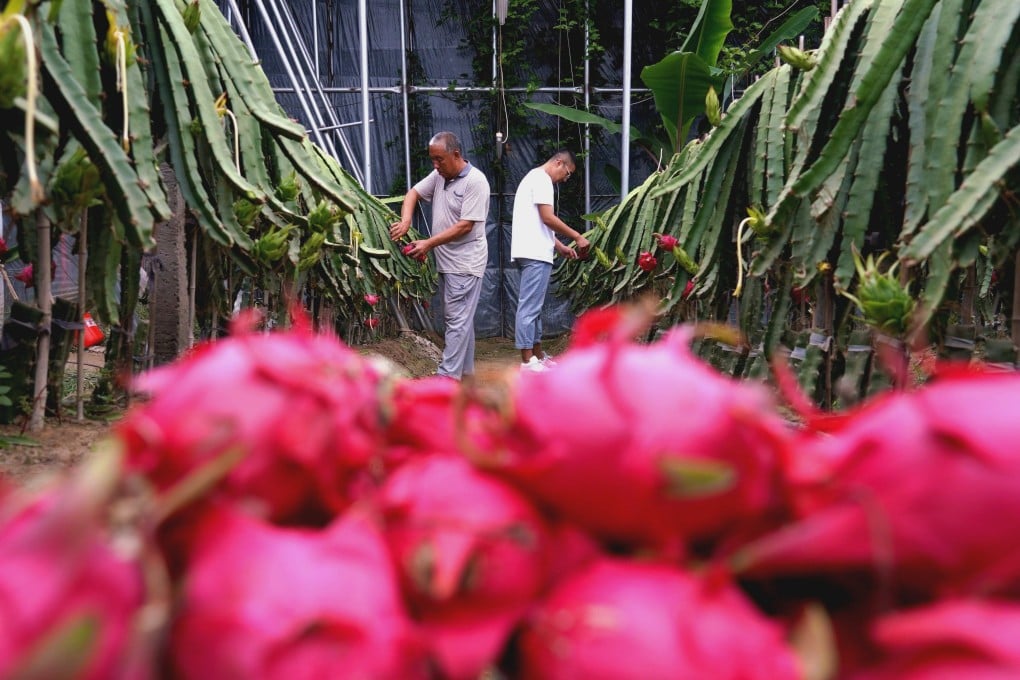Chinese port city near Russia bans imported fruit in pre-emptive move to stop coronavirus
- Crucial land-trade port in Inner Mongolia connects China with Russia, Belarus and European countries
- But local fruit retailers say they had already stopped or reduced their purchases of imported fruit before the ban, due to other incidents involving fruit or packaging found with traces of the coronavirus

Manzhouli, China’s border city with Russia and a major land port for foreign trade, has banned imported fruit from entering the city, due to coronavirus fears.
“Recently, in many places in China, the surfaces of imported fruits have tested positive for the coronavirus … From January 16, 2022, imported fruits will be suspended from entering Manzhouli City,” said an official announcement on Sunday by the city, located in Inner Mongolia.
For imported fruits that arrived in the city and were in transit before Sunday, buyers must suspend sales and contact local market regulation authorities. Sales may resume only after undergoing a strict screening and disinfection process, according to the notice.
Some local fruit shops in Manzhouli said they had already stopped, or at least slashed, their procurement of imported fruit before the ban.
“We haven’t sold imported fruit since January 1,” a local fruit stand owner said. “There have been incidents with [imported] durian and dragon fruit.”